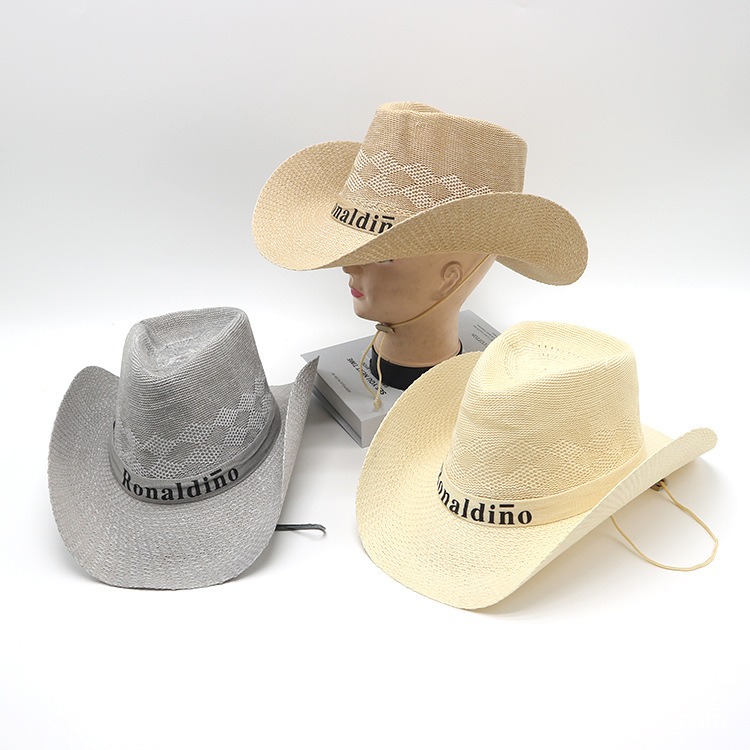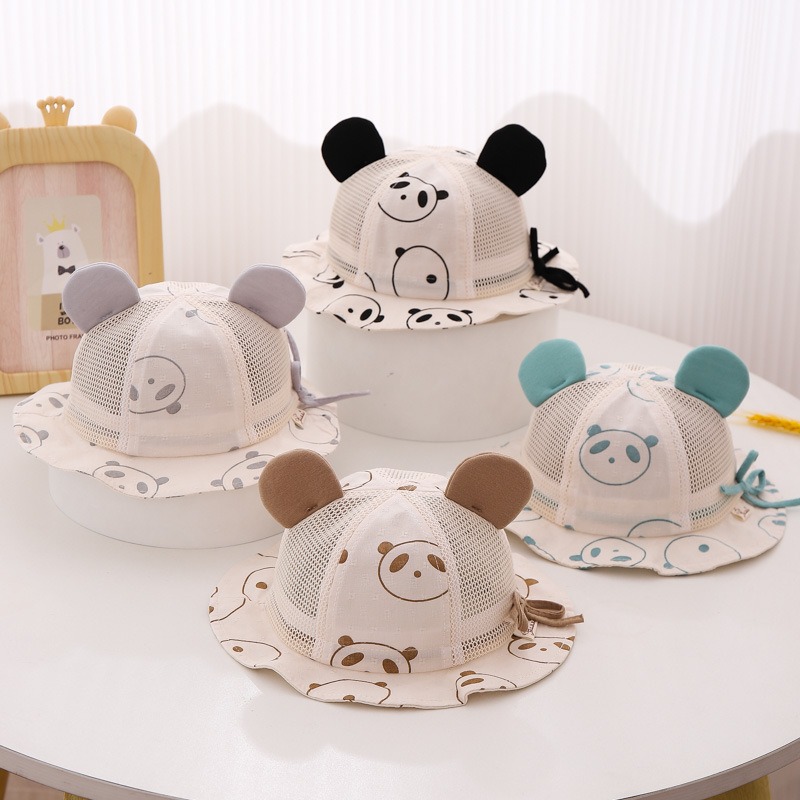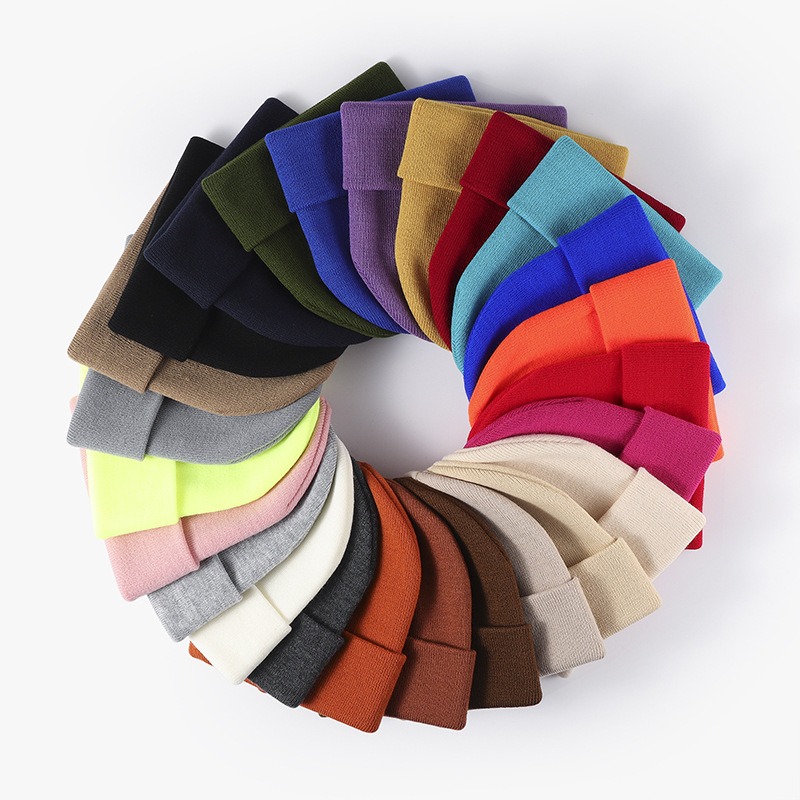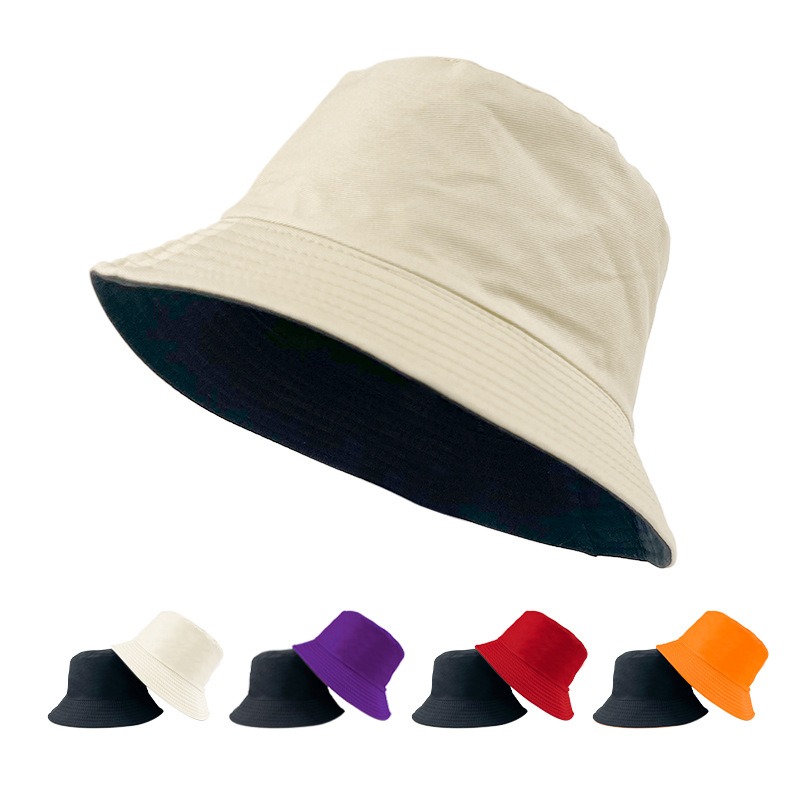The soccer jerseys history can be traced back to the late 1800's. The earliest soccer jerseys were relatively simple in design and were primarily designed to protect players and differentiate teams.
The design and function of early soccer jerseys
The earliest football jerseys were relatively simple in design and were mainly used to protect players and differentiate between teams. Football clothing of the 1890s were usually made of cotton, often in dark colors, to absorb sweat and protect players from abrasions. Leg guards also came into use during that period, further enhancing player protection.
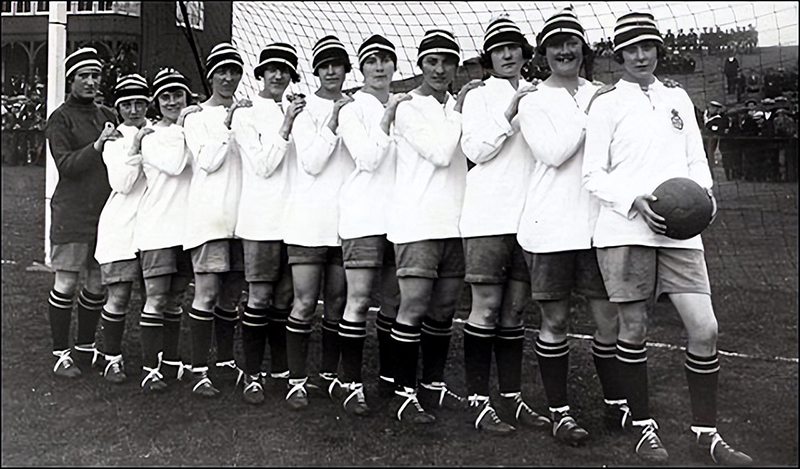
Development of soccer jerseys in the 20th century
As the 20th century progressed, the design of football wear began to become more diverse and specialized. Different teams and sponsors would design their football uniform according to their brand and style. For example, the design of football suit in the 1930s was simpler, while more details and patterns appeared in the 1970s. In addition, some famous teams’ football outfit design became classics, such as the 1986 home soccer jersey of the Danish team, which was produced by the Hummel. The V-shaped pattern matching with vertical pinstripes became a classic.
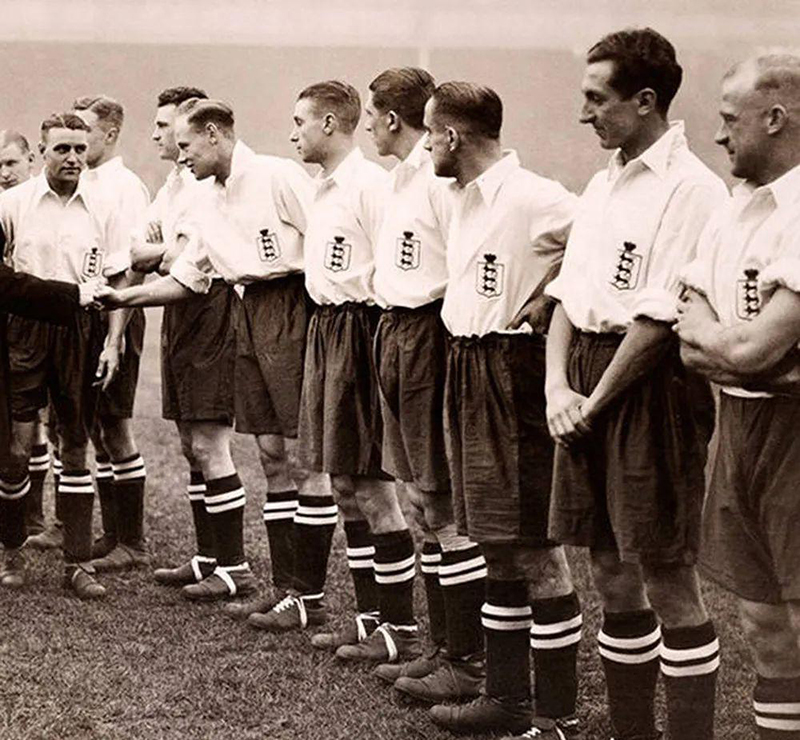
Modern soccer jersey design trends
Modern soccer jerseys are designed with a greater emphasis on brand partnerships and personalization. For example, LOSC Lille celebrated its 80th anniversary with a special edition football shirt inspired by two of its historic clubs, 'Olympique Lillois' and 'SC Fives', and featuring the names of players who have worn the Lille soccer jersey since 1944. Additionally, modern soccer uniforms focus on environmentally friendly materials use to minimize the impact on the environment.
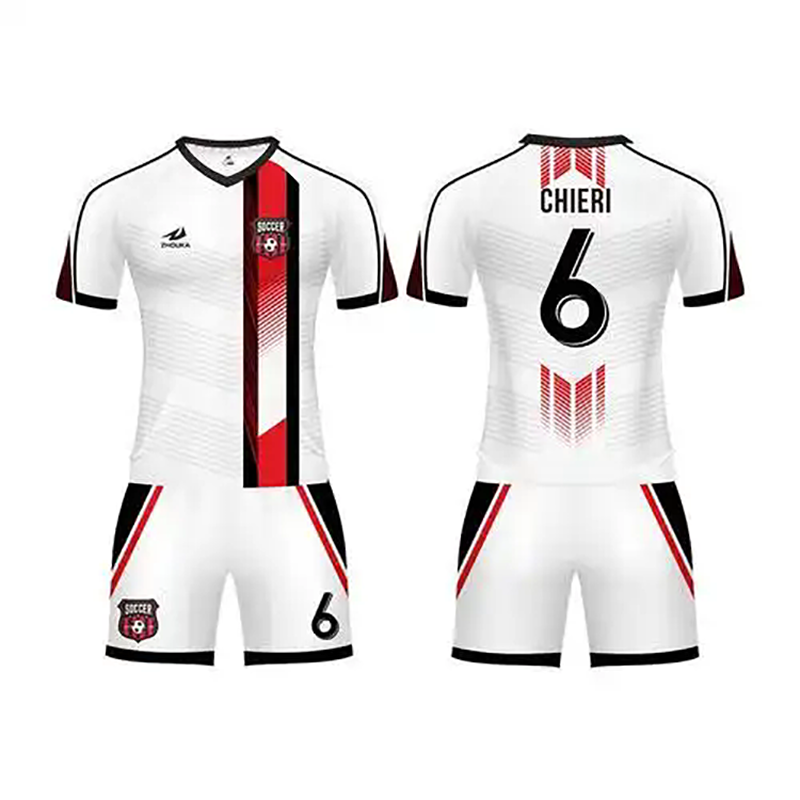
The cultural significance of soccer jerseys
A soccer clothing is not only a piece of sports equipment, but also a symbol of a team's culture and identity. Many teams' soccer outfit designs have become classics in the hearts of fans, such as Boca Juniors' 1981 home jersey and the Netherlands' 1976 home jersey. These designs not only represent the team's history and traditions, but also inspire a sense of belonging and honor among fans.


